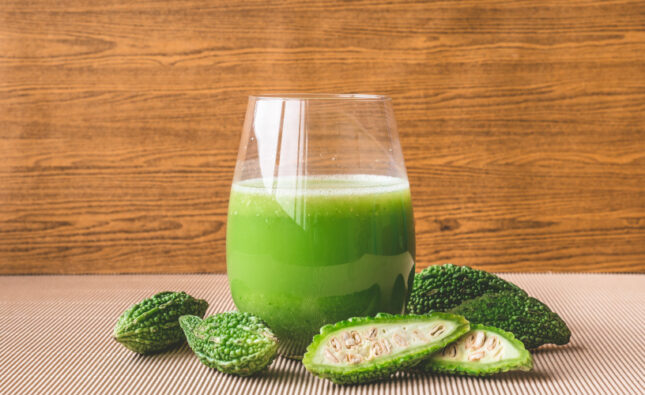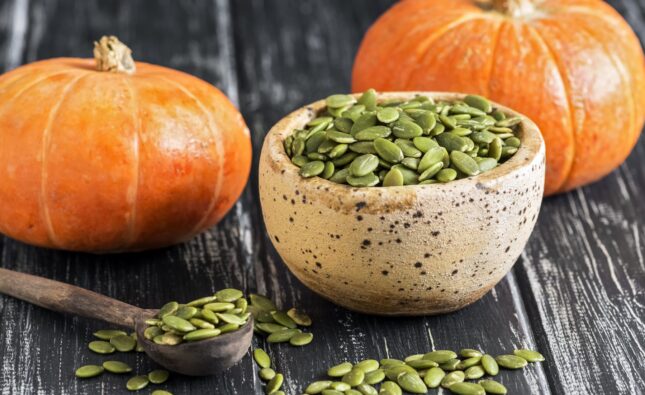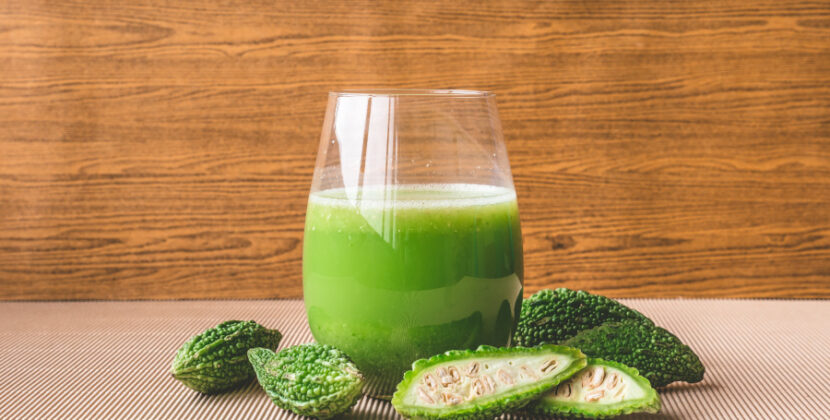Health Benefits of Carrot Juice & Its Nutritional Value
The carrot is a root vegetable that belongs to the Apiaceae family, which also includes vegetables like parsley, celery, and parsnip. It has a crunchy texture and a sweet, earthy flavor. Carrots are typically orange in color, although they can also be found in other varieties such as red, yellow, purple, and white. The orange color is due to the presence of beta-carotene, a pigment that is converted into vitamin A in the body.
Carrots are known for their high vitamin A content, which is important for maintaining good vision, healthy skin, and a strong immune system. Carrots are rich in various other nutrients as well, including dietary fiber, vitamin C, vitamin K, potassium, and antioxidants. They are low in calories and have a high water content, making them a healthy and hydrating vegetable.
Carrots are versatile and can be enjoyed in a variety of ways. They can be eaten raw as a snack, grated into salads, cooked in soups and stews, or juiced to make carrot juice. They are also a popular ingredient in many dishes, both sweet and savory, and can be found in dishes from various cuisines around the world. Overall, carrots are a nutritious and delicious vegetable that offers numerous health benefits and can be incorporated into a balanced diet.
Further, Carrot juice is not only delicious but also packed with numerous health benefits. Here are some of the key health benefits of consuming carrot juice:
1. Rich in essential nutrients:
Carrot juice is a good source of essential vitamins and minerals such as vitamin A, vitamin C, potassium, and dietary fiber. These nutrients are important for maintaining overall health and supporting various bodily functions.
2. Boosts eye health:
Carrots are well-known for their high vitamin A content, which is crucial for good vision. Drinking carrot juice regularly can help improve eyesight, prevent night blindness, and reduce the risk of age-related macular degeneration.
3. Supports immune function:
Carrot juice contains antioxidants like beta-carotene, which help strengthen the immune system. These antioxidants protect the body against harmful free radicals, reducing the risk of chronic diseases and boosting the body’s natural defense mechanisms.
4. Promotes healthy skin:
The vitamins and antioxidants in carrot juice can contribute to healthy skin. Beta-carotene, in particular, is known to improve skin health, reduce signs of aging, and provide a natural glow to the skin.
5. Aids in digestion:
Carrot juice is rich in dietary fiber, which supports healthy digestion. It can help prevent constipation, promote regular bowel movements, and support a healthy gut microbiome.
6. Supports heart health:
Drinking carrot juice may have a positive impact on heart health. The antioxidants and potassium present in carrots can help reduce the risk of cardiovascular diseases by maintaining healthy blood pressure levels and promoting the health of blood vessels.
7. Detoxifies the body:
Carrot juice acts as a natural detoxifier, helping to eliminate toxins from the body. It supports liver function and aids in the removal of harmful substances, promoting overall detoxification and cleansing.
8. May aid in weight loss:
Carrot juice is low in calories and high in fiber, making it a good addition to a weight loss diet. The fiber content helps you feel fuller for longer, reducing the likelihood of overeating, while the low calorie count makes it a nutritious option for those trying to shed pounds.
9. Supports brain health:
The antioxidants and other compounds present in carrot juice are believed to have neuroprotective properties, which can help support brain health and reduce the risk of cognitive decline.
10. Hydrates the body:
Carrot juice is an excellent source of hydration due to its high water content. Staying properly hydrated is essential for maintaining overall health and supporting bodily functions.
Nutritional Value of Carrot Juice
The nutrient composition of carrot juice can vary slightly depending on factors such as the size and variety of carrots used and the preparation method. However, here is a general overview of the nutrient composition of carrot juice per 100 grams:
- Calories: 41
- Carbohydrates: 9.6 grams
- Protein: 0.9 grams
- Fat: 0.2 grams
- Fiber: 0.9 grams
- Vitamin A: 8350 micrograms (mostly in the form of beta-carotene)
- Vitamin C: 5.9 milligrams
- Vitamin K: 13.2 micrograms
- Potassium: 320 milligrams
- Calcium: 33 milligrams
- Magnesium: 12 milligrams
- Phosphorus: 35 milligrams
- Sodium: 69 milligrams
Carrot juice is also a good source of other vitamins and minerals, including vitamin E, vitamin B6, folate, niacin, and manganese, although in smaller amounts.







